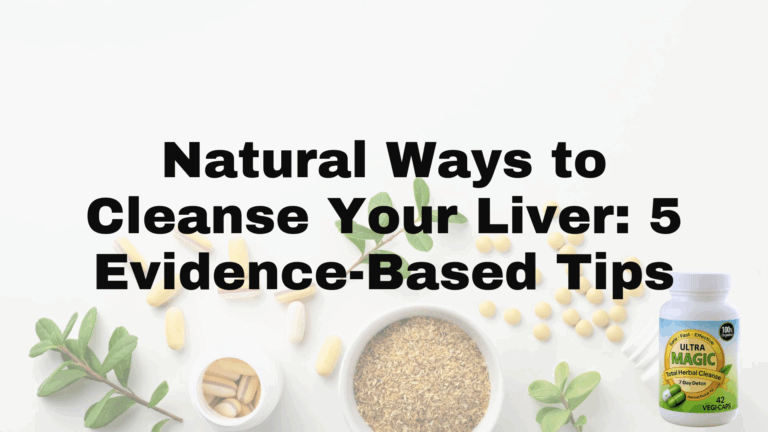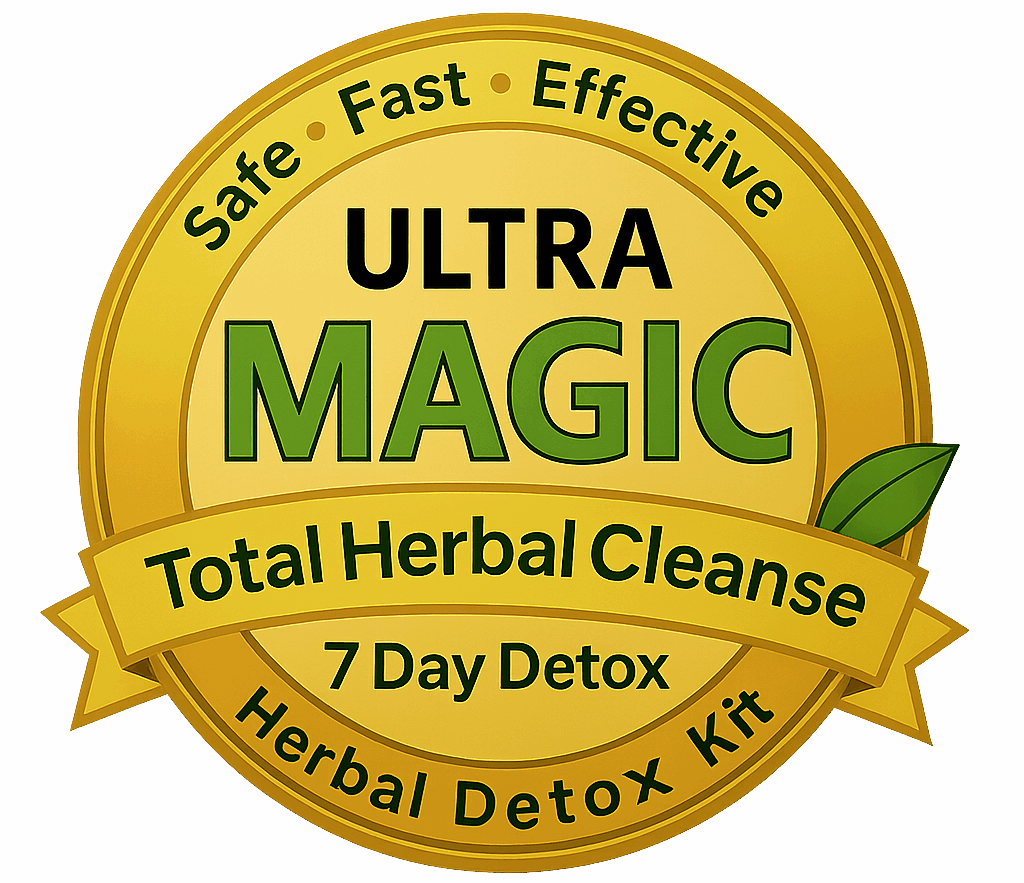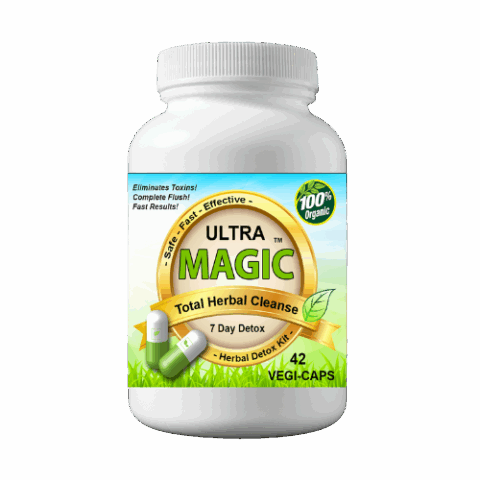
Natural Ways to Cleanse Your Liver: 5 Evidence-Based Tips
If you’re Googling “natural ways to cleanse your liver,” you’re probably sifting through miracle cleanses, harsh juice fasts, and conflicting advice. Maybe you’ve overdone it lately, you’re worried about fatty liver, or you just want your energy and labs to look better. Here’s the truth: your liver already does the detoxing. There’s no overnight flush. But there are simple, proven habits that ease the liver’s workload, reduce ongoing damage, and support its remarkable ability to repair.
We’ll share five evidence-based steps you can start now—what actually helps and how to do it safely. Expect clear actions and safety notes on: using a natural herbal detox supplement responsibly, cutting back on alcohol, eating and moving for a healthy weight, smart hydration with coffee or tea, and protecting your liver from infections and medications. First up: supplements—what to look for and how to use them wisely.
1. Use a natural herbal detox supplement responsibly (Ultra Magic Detox™)
If you want a structured add-on to healthy habits, a natural herbal detox supplement can help you follow a focused, short-term reset—as support, not a cure. Ultra Magic Detox™ is a 7‑day, maximum‑strength herbal blend made in a GMP‑certified, FDA‑registered US facility, with easy‑to‑swallow capsules and a 30‑day money‑back guarantee.
Why this helps your liver
Herbal blends don’t “wash” your liver; your liver already detoxifies. But certain botanicals show liver‑protective or anti‑inflammatory signals, and a time‑boxed protocol can reinforce no‑alcohol, whole‑food eating, and hydration—habits that reduce ongoing liver strain. For example, milk thistle has been shown to decrease liver inflammation, and turmeric extract has been shown to protect against liver injury, though routine use for prevention isn’t proven in large human trials.
How to do it
Treat a supplement like a tool inside a broader plan. Use it exactly as labeled and pair it with habits that actually support liver health.
- Choose quality: Look for made‑in‑USA, GMP manufacturing, and third‑party testing (Ultra Magic Detox™ meets these standards).
- Plan your week: If using Ultra Magic Detox’s 7‑day protocol, block seven days, prioritize sleep, and skip alcohol.
- Eat and hydrate smart: Center meals on vegetables, lean proteins, and whole grains; drink water throughout the day.
- Monitor and adjust: Note energy, digestion, and any side effects; stop if you feel unwell.
Evidence snapshot
Detox products aren’t FDA‑regulated and haven’t been proven to “cleanse” the liver after overindulgence. Some ingredients used in liver support—like milk thistle (decreases inflammation) and turmeric extract (protects against injury)—show promise, but experts do not recommend routine cleanses for prevention. Supplements can, in some cases, cause drug‑induced liver injury and should be used with caution.
Safety notes
Supplements are not a treatment for liver disease. Talk to your clinician first if you have liver conditions, take medications, or are pregnant or nursing.
- Avoid interactions: Review meds and herbs for potential conflicts.
- Watch for warning signs: Stop and seek care for jaundice, dark urine, severe abdominal pain, or unusual fatigue.
- Don’t mix with alcohol: Alcohol undermines liver support and increases risk.
- Use short term: Follow label duration; more is not better and may be harmful.
2. Quit or cut back on alcohol
Why this helps your liver
Alcohol is one of the most common, ongoing stressors your liver faces. Less is always best for liver health, and keeping intake modest reduces the risk of alcoholic liver disease. On a routine basis, men should not consume more than three drinks per day, and women not more than two. If alcoholic liver disease is present, stopping alcohol entirely gives your liver the best chance to heal—this organ can regenerate once active injury is halted.
How to do it
Make alcohol the exception, not the routine. Build simple guardrails that are easy to follow day to day.
- Set a daily cap: Stay at or below the three‑for‑men, two‑for‑women guideline.
- Plan alcohol‑free stretches: Schedule dry days (or weeks) to reset.
- Swap the habit: Reach for water, sparkling water with citrus, coffee, or tea.
- Change the cue: Remove alcohol from the house and avoid trigger situations.
- Track honestly: Use a notes app to log drinks and patterns.
Evidence snapshot
- “Less is best”: Liver experts advise against cleanses to undo overindulgence; drinking less protects the liver in the first place.
- Defined limits: Routine drinking above three/day for men or two/day for women increases risk.
- Stopping helps: In alcoholic liver disease, all alcohol should cease; the liver can recover once injury stops.
Safety notes
Cutting back is safe for most adults, but be cautious and listen to your body.
- If diagnosed with liver disease: Stop alcohol completely and follow your clinician’s plan.
- Medication caution: Alcohol plus certain meds or herbs can strain the liver.
- Warning signs: Seek care for jaundice, dark urine, abdominal swelling or pain, persistent nausea, or unusual fatigue.
- Don’t “balance” with cleanses: Products aren’t proven to erase alcohol‑related injury; prioritize not drinking.
3. Eat for your liver and stay active to maintain a healthy weight
Food and movement are the most reliable, natural ways to cleanse your liver’s workload—because they target the root drivers of fatty liver. Johns Hopkins hepatology recommends maintaining a normal BMI (18–25) with healthy eating and regular exercise to lower your risk of nonalcoholic fatty liver disease (NAFLD). Obesity raises NAFLD risk, which can progress to fibrosis and cirrhosis; the most effective treatment for NAFLD is weight loss, which reduces liver fat and inflammation.
Why this helps your liver
Excess body fat—especially from calorie‑dense, low‑nutrient foods—keeps the liver processing surplus energy and inflammatory signals around the clock. Getting to and maintaining a healthy weight eases that load, allowing the liver to repair and function efficiently.
How to do it
Make your daily defaults simple and repeatable.
- Build liver‑smart plates: Pile on vegetables (including cruciferous like broccoli and cauliflower), add lean protein, and choose whole grains.
- Favor whole foods: Cook at home more; limit fried and ultra‑processed foods and added sugars.
- Drink calories rarely: Choose water most of the time; use unsweetened coffee or tea as your go‑tos.
- Move most days: Walk, cycle, or strength train—consistency matters more than intensity.
- Create structure: Plan meals, keep healthy snacks handy, and stick to regular sleep to support appetite control.
Evidence snapshot
- Prevention: Maintaining BMI 18–25 with healthy diet and exercise decreases NAFLD risk.
- Treatment: For NAFLD, weight loss is the most effective therapy and lowers liver fat and inflammation.
- Public health signal: Due to obesity, NAFLD is rapidly increasing and is projected to overtake hepatitis C as the leading reason for liver transplant in the next 30 years.
Safety notes
Skip extreme “detox” or crash diets—cleanses aren’t proven to fix overindulgence and some supplements can harm the liver. If you have risk factors (excess alcohol, family history) or symptoms like jaundice, abdominal swelling, dark urine, or unusual fatigue, speak with your clinician and ask about screening before making major changes.
4. Drink coffee or tea and hydrate smartly
Before you buy another “detox drink,” remember this: simple, daily hydration plus coffee or tea does more for your liver than most cleanse fads. Keeping fluid flowing supports the liver’s natural filtration, and certain beverages offer antioxidant support without the hype.
Why this helps your liver
Your liver already detoxifies; water helps it do that job efficiently. Dehydration can impair liver function, including blood detoxification. Coffee and teas (especially green tea) provide antioxidants, and green tea has been associated with reduced lipid accumulation in the liver—signals that support liver health alongside a balanced diet.
How to do it
Make low‑sugar, hydrating drinks your default and use coffee or tea as smart add‑ons.
- Lead with water: Sip consistently through the day; most adults do well aiming for regular, frequent intake rather than chugging late.
- Choose unsweetened brews: Black coffee or plain green/black tea for antioxidants without added sugar.
- Upgrade, don’t complicate: Add citrus or mint for flavor; keep fancy syrups and creamers as occasional treats.
Evidence snapshot
- Coffee and tea are widely recognized as “good for your liver.”
- Green tea contains antioxidants and has been linked to less fat buildup in the liver.
- Hydration matters: dehydration can reduce the liver’s ability to detoxify blood.
Safety notes
- Skip concentrated extracts: Green tea extract has been linked to liver harm; stick to brewed tea.
- Mind caffeine and additives: If you’re sensitive to caffeine, limit intake; avoid high‑sugar coffee drinks.
- Personalize fluids: Some health conditions change fluid needs—ask your clinician if you’re unsure.
5. Prevent infections and protect your liver from medications and supplements
The most underrated natural cleanse is prevention: block infections and use meds and supplements wisely. Viral hepatitis (A, B, and C) can quietly inflame and scar the liver for years, and some dietary supplements can cause drug‑induced liver injury. Reducing these hits is one of the most reliable, natural ways to cleanse your liver’s daily workload.
Why this helps your liver
Chronic infections and liver‑toxic exposures create ongoing inflammation that the liver must constantly repair. Vaccination, smart risk reduction, and careful use of medications and herbs lower cumulative damage, giving your liver room to do its job and, when needed, regenerate.
How to do it
- Get vaccinated: If not immune, get hepatitis A and B vaccines.
- Know your risks: Ask about hepatitis C screening if you had transfusions before 1992, used illicit drugs, are on hemodialysis, live with HIV, had needle‑stick injuries, or tattoos in unregulated settings.
- Reduce exposure: Avoid illicit drug use and unprotected sex with multiple partners.
- Use meds and herbs carefully: Follow labels, avoid megadoses, and review all supplements with your clinician.
- Check interactions: Grapefruit juice interacts with many prescriptions; read labels and ask your pharmacist.
Evidence snapshot
- Experts recommend preventing hepatitis A and B with vaccination; effective oral treatments exist for hepatitis B and C.
- Avoiding risky behaviors lowers viral hepatitis risk; screening finds silent infections early.
- Some dietary supplements can cause drug‑induced liver injury; use with caution.
Safety notes
- Don’t self‑treat liver disease: See your clinician for testing and a treatment plan.
- Don’t stop prescriptions on your own: Changes to meds or supplements should be clinician‑guided.
- Know warning signs: Seek care for jaundice, dark urine, abdominal swelling or pain, persistent nausea, or unusual fatigue.
Key takeaways
Your liver already does the detoxing; your job is to lower its workload and prevent new injury. Skip miracle cleanses and double down on habits linked with better liver health: drink less (or none), maintain a healthy weight, hydrate smartly, and avoid infections and liver‑toxic exposures. Use supplements carefully, as short‑term support—not cures.
- Cut alcohol: Less is best; stop entirely if you have liver disease.
- Lose and maintain weight: Whole foods + regular activity; steady loss helps NAFLD.
- Hydrate wisely: Water daily; brewed coffee or tea, not concentrated extracts.
- Prevent and protect: Vaccinate, screen when at risk, and review meds/supplements.
If you want a structured, short‑term herbal add‑on to pair with these habits, explore Ultra Magic Detox™ at Magic Detox.



